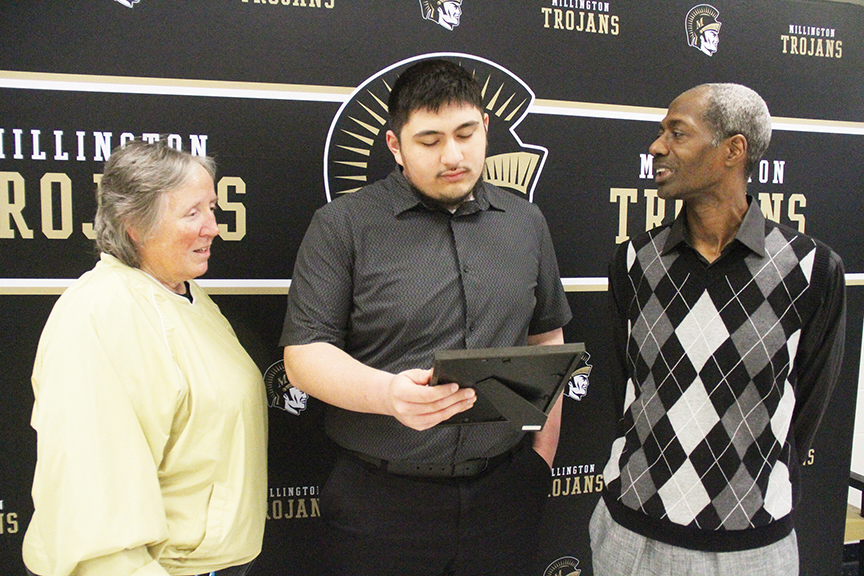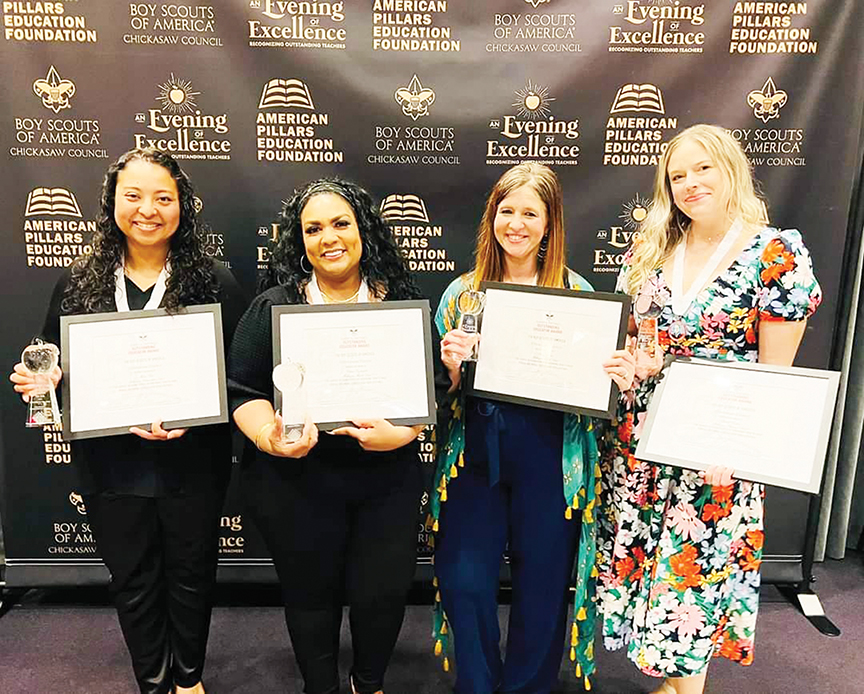
By David Peel
Even though I limit my practice to death, disability and serious injury cases (as well as writing wills) sometimes general law questions make the news that I get asked about.
Here is something that you might have heard about:
In Tennessee, since April 28, 2021, notary publics are able to perform marriages. There are no additional provisions to regulate how Notaries perform marriages, but they must follow the rules required of all “officiants”.
As you may have heard, there’s been some concern about people who got an online minister’s license to do marriages in Tennessee.
In Tennessee spiritual leaders who receive their ordinations online are no longer among those individuals who are authorized under § 36-3-301 to solemnize marriages in Tennessee.
Currently, Tenn. Code Ann. § 36-3-301(a)(1) sets forth the individuals who are authorized to solemnize marriages in Tennessee, including “ministers, preachers, pastors, priests, rabbis, and other spiritual leaders of every religious belief, more than eighteen (18) years of age, having the care of souls,” who also meet the following requirements: In order to solemnize the rite of matrimony, any such minister, preacher, pastor, priest, rabbi or other spiritual leader must be ordained or otherwise designated in conformity with the customs of a church, temple or other religious group or organization; and such customs must provide for such ordination or designation by a considered, deliberate, and responsible act.Tenn. Code Ann. § 36-3-301(a)(2).
Public Chapter 415, the relevant sections of which became effective July 1, 2019, amended these requirements by adding the following language to the end of subdivision (a)(2): “Persons receiving online ordinations may not solemnize the rite of matrimony.” 2019 Tenn. Pub. Acts, ch. 415, § 3.
Before the enactment of Public Chapter 415, spiritual leaders receiving their ordinations online were subject to same requirements as those who received ordinations through other means. Spiritual leaders identified in § 36-3-301(a)(1) who received their ordination pursuant to a religious custom that constituted a “considered, deliberate, and responsible act” were authorized to solemnize marriages.

Thus, as long as an online ordination was received pursuant to a religious custom that constituted a considered, deliberate, and responsible act, persons so ordained were authorized to solemnize marriages. But if their online ordination was not pursuant to a religious custom that required a considered, deliberate, and responsible act, spiritual leaders were not authorized to solemnize marriages. An online ordination that requires no more than a “click of the mouse” would not satisfy the requirement of ordination pursuant to a considered, deliberate, and responsible act. Tenn. Att’y Gen. Op. 15-14 (Feb. 6, 2015).
Public Chapter 415 changed the current framework in one respect. It amended § 36-3- 301(a)(2) so that after June 30, 2019, “[p]ersons receiving online ordinations” are no longer authorized to solemnize marriages in Tennessee, even if they received their ordination pursuant to a religious custom that constitutes a “considered, deliberative, and responsible act.”
Who else can officiate? All members of the county legislative bodies, county mayors, judges, chancellors, former chancellors and former judges of this state, former county executives or county mayors of this state, former members of quarterly county courts or county commissions, the governor, the speaker of the senate and former speakers of the senate, the speaker of the house of representatives and former speakers of the house of representatives, members of the general assembly who have filed notice pursuant to subsection (l ), law enforcement chaplains duly appointed by the heads of authorized state and local law enforcement agencies, members of the legislative body of any municipality in this state, the county clerk of each county, former county clerks of this state who occupied the office of county clerk on or after July 1, 2014, and the mayor of any municipality in the state may solemnize the rite of matrimony.
May you have a “happily ever after.”
Peel seeks justice for those injured in tractor trailer and car accidents, medical malpractice, and disability. He often addresses churches, clubs and groups without charge. Peel may be reached through PeelLawFirm.com wherein other articles may be accessed.



